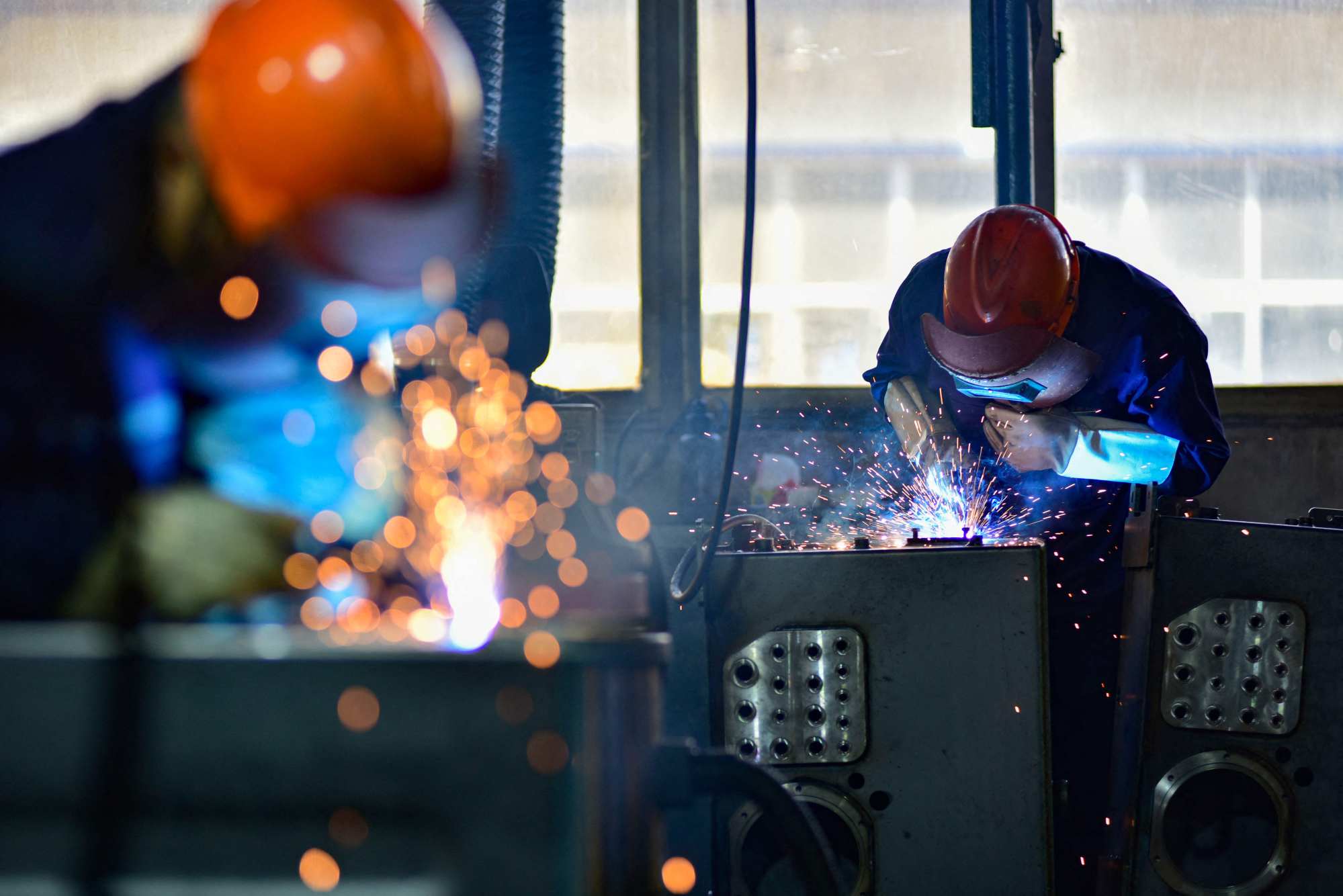China’s outbound mergers and acquisitions (M&A) activity could jump, as US president-elect Donald Trump’s tariff threats accelerate the globalisation of mainland enterprises, according to industry experts.
Bracing for the possibility of 60 to 100 per cent tariffs on Chinese goods, firms in the world’s second-largest economy are exploring ways to reduce reliance on the US, albeit in a frail global M&A environment beset by high interest rates and ongoing geopolitical tensions.
“More tariffs may mean that the globalisation of Chinese companies is going to get faster,” said Stanley Lah, Asia-Pacific and China M&A services leader at Deloitte. “Chinese companies will consider moving faster to look for alternatives in shipping or selling to the US. That is quite loud and clear.”
Do you have questions about the biggest topics and trends from around the world? Get the answers with SCMP Knowledge, our new platform of curated content with explainers, FAQs, analyses and infographics brought to you by our award-winning team.
M&A activity should emerge as a speedier solution to satisfy Chinese companies’ objective of being more effective in global markets, compared with greenfield investments such as setting up sales offices or manufacturing facilities, he added.
Chinese outbound M&A deals fell 16.5 per cent to US$17 billion so far this year, compared with the same period last year, according to London Stock Exchange Group data. Last year, the tally rose 59 per cent year on year to US$27 billion – still far below the 2016 peak of US$202 billion.
Dealmakers have seen some rebound in China’s outbound M&A, especially in the sectors with Beijing’s “blessings”, according to Federico Bazzoni, CEO of investment banking at Vantage Capital Markets.
“I see some activities coming back in specific sectors,” he said, mentioning manufacturing, technology, new energy such as solar power and batteries, and “a little bit” on consumer products. “Valuations are coming down.”
Earlier this month, a unit of Tencent Holdings acquired Cyprus-based game maker Easybrain from Embracer Group in Sweden for US$1.2 billion. In April, Chinese home appliance giant Midea Group agreed to acquire the climate division of Arbonia, a Swiss manufacturer of heating equipment, for around US$811 million.

Mega cross-border deals have been rare globally, not just in China, said Deloitte’s Lah, citing uncertainties in getting regulatory approval. “Geopolitical sentiment is sensitive, and deals are complicated, pushing down the headline deals in recent years,” he said.
The size of recent M&A deals contrasts starkly with Chinachem’s US$43 billion acquisition of Syngenta, one of the world’s largest agricultural technology firms, in 2017, and Chinese conglomerate HNA Group’s US$6.5 billion purchase of a quarter stake in Hilton Worldwide in 2016.
The market may see outbound activity from Chinese firms pick up in the second quarter of 2025 after getting more clarity on policies at home and abroad, Vantage’s Bazzoni said.
“From my conversations with some of the state-owned enterprises, some of the corporates, they are waiting to see what’s happening,” he said. “They are not engaging with new targets unless there will be some clarity from the [Chinese] government and from the Trump administration.”
Meanwhile, the picture for the inbound M&A activity in China is gloomier with Trump’s return to the White House.
It is obvious that US investors are not comfortable investing in China, as Trump seems likely to intensify restrictions on Chinese access to advanced technologies such as artificial intelligence and semiconductors.
The investment community is looking for the differences between the Biden and Trump administrations to identify opportunities, according to analysts.
Recent assurances from Beijing’s top policymakers that China is open for business and foreign capital have boosted investors’ confidence in the stock market despite long-term capital in M&A being more cautious.
“Investors are looking to confirm that the country’s efforts to support economic development are a priority and sustainable,” Deloitte’s Lah said. “There are more activities that we’re seeing, more inquiries, but obviously, some deals [take] a little bit more time to cook.”
More from South China Morning Post:
- Chinese biotech firms brace for profit hit from Trump tariffs, US funding bill
- Citigroup CEO Fraser meets Chinese vice-premier, Shanghai mayor as Beijing touts reforms
- China’s largest brokerage formed by Guotai Junan and Haitong’s US$14.5 billion merger
- How China’s diversifying overseas investment has swung open doors into the Global South
For the latest news from the South China Morning Post download our mobile app. Copyright 2024.





